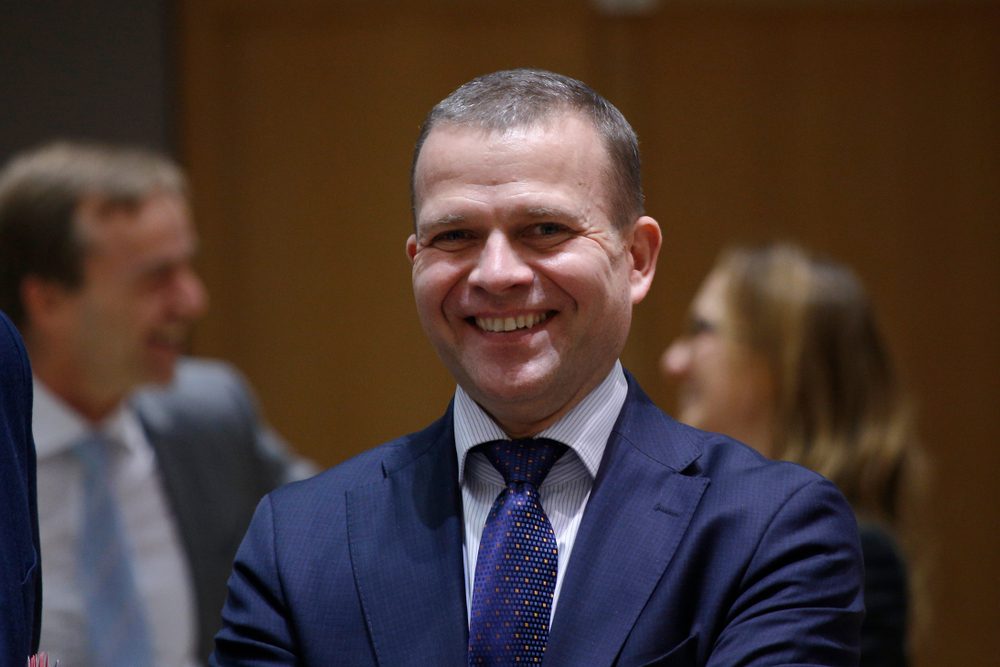
Petteri Orpo, Finnish Prime Minister-elect.
Photo: Alexandros Michailidis / Shutterstock.com
Finland is on the cusp of forming a new centre-right coalition after officials indicated that a deal was expected between conservatives and the populist Finns Party.
Talks to form a new Finnish government entered their second month last week as the conservative National Coalition Party (NCP) continues to hammer out a coalition deal with the right-wing Finns Party and smaller parties.
Finnish voters went to the polls on April 2nd in an election that saw gains for right-wing parties as voters turned their backs on Social Democratic Prime Minister Sanna Marin due to inflationary and budgetary issues. The Finns Party just about missed out on becoming the country’s largest party.
Finland, national parliament election:
— Europe Elects (@EuropeElects) April 2, 2023
Seats, 100.0% counted
Kok.-EPP: 48 (+10)
PS-ID: 46 (+7)
SDP-S&D: 43 (+3)
Kesk.-RE: 23 (−8)
Vihr.-G/EFA: 13 (−7)
Vas.-LEFT: 11 (−5)
SFP-RE: 9
KD-EPP: 5
…
+/− vs. 2019 election#Finlandia #finlandelections pic.twitter.com/F9gTftjs84
The NCP has been engaged in four-way negotiations with the Finns Party, the Swedish People’s Party, and the Christian Democrats since the end of April with Prime Minister-elect Petteri Orpo hoping to form a working majority in the Riksdag, the Finnish Parliament.
According to a statement put out by Orpo on Monday, June 5th, the “finish line was looming.” It is not unusual for coalition talks in Finland to last over a month. It is believed that immigration and environmental matters were the primary sticking point for inter-party talks as factions decide on a viable programme for the government to last the next four years.
While negotiators have been asked to refrain from public comment until the talks have concluded, sources involved have told The European Conservative that they expected the matter to run smoothly now that environmental and immigration briefs had been decided.
The NCP pipped the Finns Party to the post by a margin of 0.7% to become the country’s largest political party in April with the catch-all EPP-aligned NCP expected to carry a pro-European line.
This is not the first time the populist Finns Party has entered into government. A 2015 coalition deal with centrists left the party in tatters, troubled by accusations that the party had sold out its beliefs for power.
During the April campaign, the Finns Party capitalised on budgetary controversies, a backlash against climate austerity, and reversing its previous opposition to NATO membership—the last point driven by a sea change in public opinion in the aftermath of Russia’s invasion of Ukraine.
